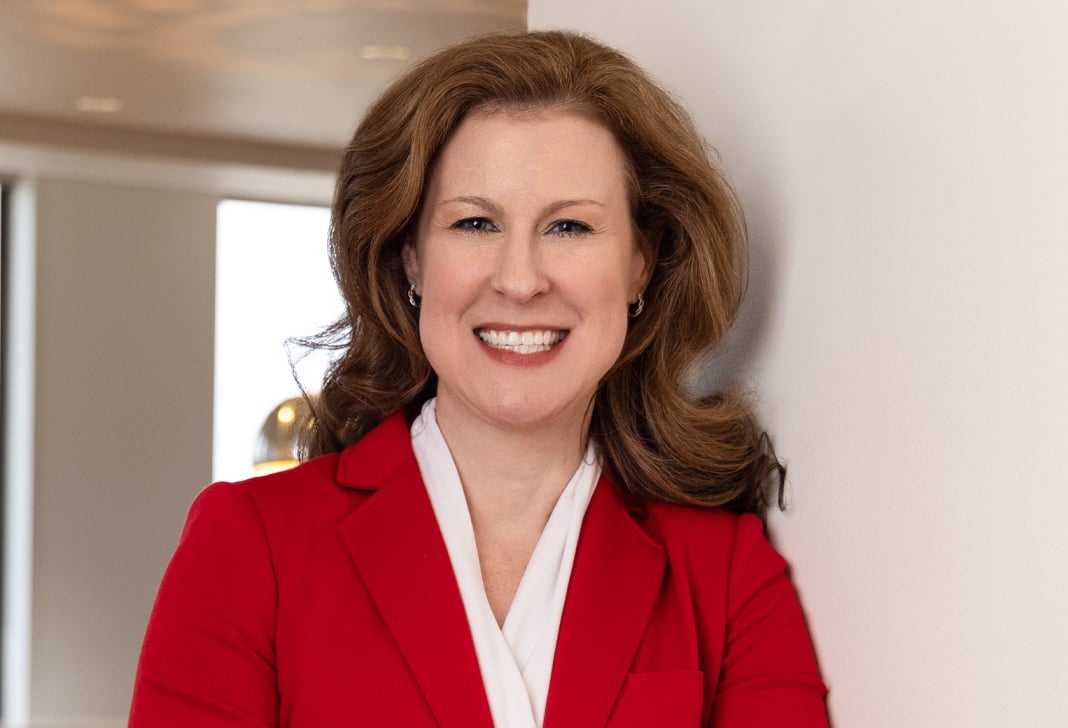
Department of Justice Increasingly Challenges Class Settlements
The Situation: Under the Class Action Fairness Act, the Department of Justice may object to federal class action settlements it believes are unfair or inequitable to unnamed class members.
The Result: In the past year, federal officials have increasingly objected to proposed class settlements in federal court.
Looking Ahead: Class-action litigants should carefully tailor the terms of class settlements to avoid—or, if necessary, withstand—governmental objections.
Both the Class Action Fairness Act of 2005 ("CAFA") and Federal Rule of Civil Procedure 23(e)(2)'s recent amendments contemplate heightened scrutiny of potential inequities in class settlements in federal court. CAFA requires litigants to provide notice of class settlements to the U.S. Department of Justice ("DOJ"). DOJ interprets this requirement to enable it to file statements of interest (otherwise known as objections) against proposed settlements to prevent consumer harm, increase oversight of unfair settlements, and deter collusion between class counsel and defendants who propose settlements that do not benefit unnamed class members.
DOJ's Silence Comes to an End
Historically, DOJ rarely intervened to object to federal class action settlement proposals. In the first 12 years after CAFA's enactment, it happened only twice—both times within the first few years of CAFA's existence. But this decade-long silence has come to an end. In February 2018, a recently departed associate attorney general, Rachel Brand, announced that DOJ had modified its screening process for CAFA notices, and that it would increasingly object to unfair settlements in the future. The next day, DOJ filed its first CAFA objection in more than a decade. See Cannon et al. v. Ashburn Corp. et al., Case No. 1:16-cv-01452, Dkt. No. 58 (D.N.J. Feb. 16, 2018).
DOJ's Recent Increased Scrutiny of Class Settlements
Within the past year, DOJ has objected to proposed class settlements in three consumer cases. All three objections demonstrate heightened focus on the perceived value and equity of the settlement and the actual payout to the unnamed class members:
- In Cannon, a case involving alleged false advertising of pricing and discounts for wine, DOJ objected to a proposed class settlement because, in its view, the settlement would pay too much to class counsel and too little to the class in the form of "limited-value" coupons. Id.
- In Cowen et al. v. Lenny & Larry's, Inc., a case involving alleged inaccurate labeling of cookies, DOJ objected that most of the settlement's value would flow to nonclass members in the form of free cookies (which also happened to serve as a promotional opportunity for the defendant), while class counsel would receive fees that were disproportionate to the overall benefit to the class. Case No. 1:17-cv-01530, Dkt. No. 103 (N.D. Ill. Feb. 15, 2019).
- In Chapman et al. v. Tristar Products, Inc., a case involving product liability claims related to exploding pressure cookers, DOJ objected to a proposed settlement because named plaintiffs would receive disproportionately preferential treatment compared to the class and class counsel would receive attorneys' fees disproportionate to the value to the class. Case No. 1:16-cv-01114, Dkt. No. 134 (N.D. Ohio June 6, 2018).
Moving Forward: What Litigants Can Learn From Recent Trends
Although it remains uncertain when and why DOJ will intervene to object to class settlements, recent precedent suggests litigants should craft class settlement terms to properly balance the benefit to absent class members with the awards provided to class counsel and named plaintiffs. Terms that have recently attracted DOJ objections include:
- Terms that provide what DOJ perceives as nominal benefit to unnamed class members: DOJ takes issue with the breadth of the unnamed class members' release of claims in comparison to the direct benefit received—often in the form of a coupon for a free product. DOJ's objections suggest that it perceives these proposed settlements as illusory benefits to unnamed class members.
- Settlements that include high award of attorneys' fees to class counsel: DOJ has taken issue with disproportionately high awards of attorneys' fees to class counsel, particularly where the harm to the class was alleged to be de minimis but the benefit to class counsel is significant. If the proposed settlement notes such minimal harm to the class, DOJ sees significant attorneys' fees as unwarranted. Or, if the harm is more significant, then a greater benefit should be awarded to the class.
- Terms that provide high incentive awards to named plaintiffs: DOJ has scrutinized generous relief given to the named plaintiffs in comparison to modest benefit given to the class. DOJ has taken the position that settlements are unbalanced where named plaintiffs are given preferential treatment at the expense of class members who receive only nominal compensation.
Two Key Takeaways
- In light of DOJ's increased interest in objecting to proposed class settlements, consider whether proposing class settlement, the terms of which may need to be "rewritten" to gain judicial approval, is a suitable and preferred option to resolve the matter.
- Ensure that the terms of proposed class settlements do not provide a windfall to class counsel, and more, provide class members with more than a nominal or illusory benefit.





